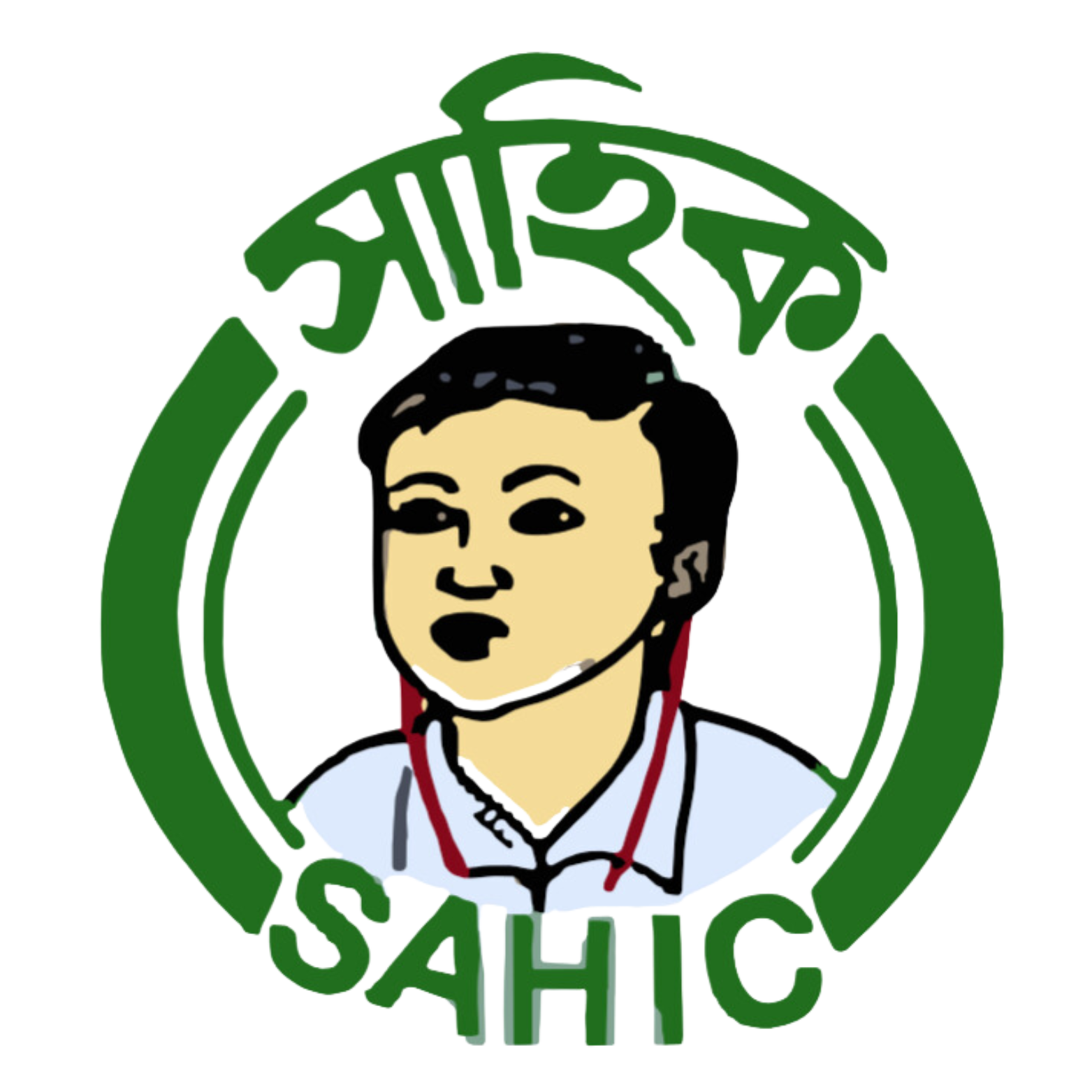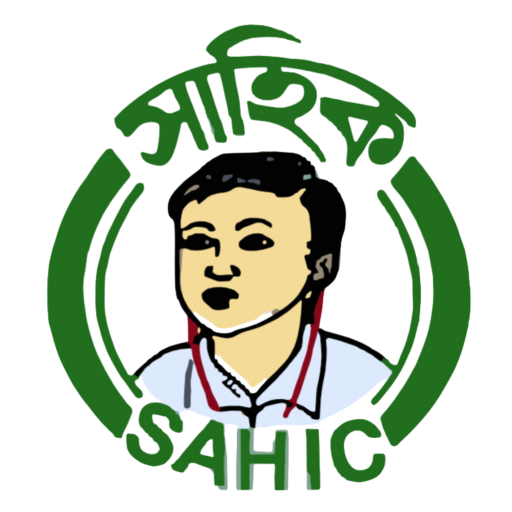A Speech Therapy Department focuses on evaluating, diagnosing, and treating individuals with various communication disorders. These disorders can affect a person’s ability to speak, understand language, use their voice effectively, or swallow.
Here’s a glimpse into what a Speech Therapy Department typically entails:
- Scope of Services: Speech therapists assess and treat a wide range of communication impairments, including:
- Speech sound disorders ( articulation problems)
- Language delays or disorders
- Fluency disorders (stuttering)
- Voice problems
- Swallowing difficulties (dysphagia)
- Patients: Individuals served by speech therapists can vary widely in age and background. They may include:
- Infants and children with developmental delays
- Adults who have suffered strokes, brain injuries, or other neurological conditions
- Individuals with learning disabilities like Autism Spectrum Disorder
- People with voice disorders due to overuse or misuse
- Therapists: Speech-Language Pathologists (SLPs) are the primary healthcare professionals in this department. They hold specialized licenses and have undergone rigorous training in communication sciences and disorders.
- Treatment Approaches: Speech therapists employ various techniques to address communication challenges. These may involve:
- Individualized exercises to improve articulation, fluency, or language skills
- Augmentative and Alternative Communication (AAC) strategies for individuals with severe communication limitations
- Providing guidance and support to families and caregivers
Additionally:
- Speech Therapy Departments may also offer educational programs and workshops to raise awareness about communication disorders and available support systems.
- Collaboration with other healthcare professionals like doctors, psychologists, and teachers is often crucial to ensure a comprehensive approach to treatment.




No Comments